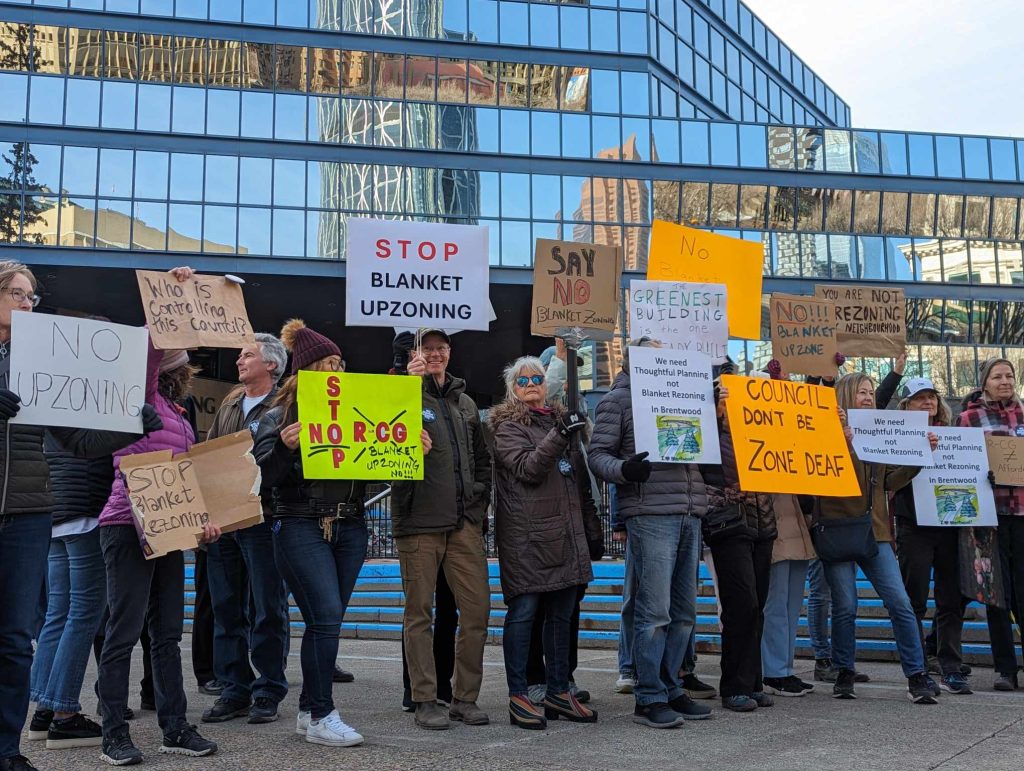CPS introduces first-of-its-kind mental health program
Posted Nov 12, 2014 6:58 pm.
This article is more than 5 years old.
The Calgary Police Service is taking an unprecedented step in addressing mental health in the workplace by rolling out a new program developed by the Canadian military and modified for its members.
It’s called Road To Mental Recovery and its goals include improving short and long-term mental health outcomes, as well as reducing the stigma around the disease.
With wear and tear police officers and other emergency officials have to go through on a daily basis, CPS Deputy Chief Roger Chaffin said it’s the latest step in battling the problem.
“We’re not far removed from a culture that asked our employees to suck it up,” Chaffin said. “Those issues of stigmatization occurred because of attitudes like that.”
Included in the program is a colour chart, which categorizes one’s mental health by identifying signs or indicators of problems, without diagnostic labels and their associated stigma.
Lt. Col. Suzanne Bailey who helped develop the military and modified police program said one of the key coping mechanisms is giving examples of fellow officers getting help themselves.
“I work in headquarters, they expect a certain message from me, but if they see a master or warrant officer who’s in the infantry, who’s been in combat and says yeah I went to get help and because of that I’m still in uniform and I’m still able to do my job, that resonates with them to a far higher degree,” he said.
Bailey and Chaffin both said officers and military members are certainly not immune to the same pressures that every day civilians face and it’s actually not the original trauma that leads to problems, but ongoing exposure and how it affects their personal and social lives.
“The one area where we would be different and police forces differ as well is that our rates of depression are higher,” Bailey said. “We do see a lot more depression than we do see trauma, both in the police world as well as in the Canadian Forces and other disorders, we have alcohol misuse and dependency issues, some social phobia and social anxiety as well.”
Chaffin said breaking down the stigma and getting people to open up before they develop deep problems is crucial.
“Get in front of it before it’s a problem, don’t wait until you’ve been to the call and you struggle and you have these stresses and now start looking for help, let’s help them get over the stigma of coming forward,” he said.










